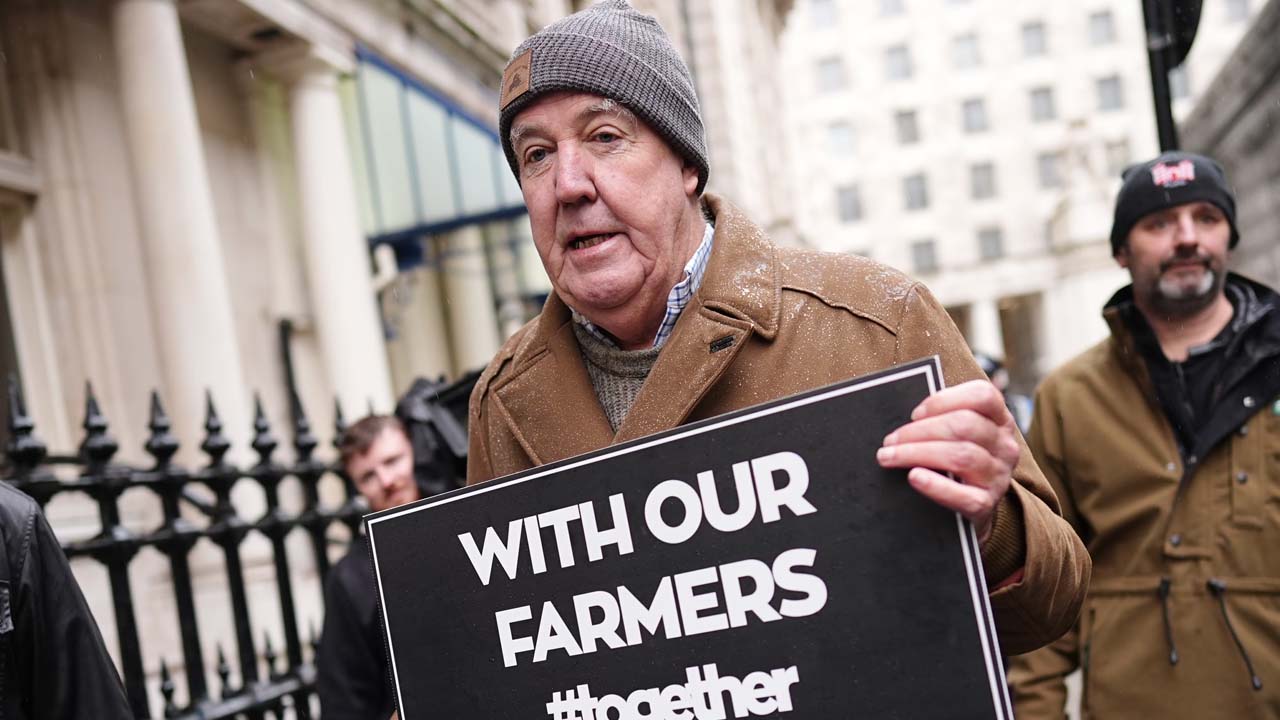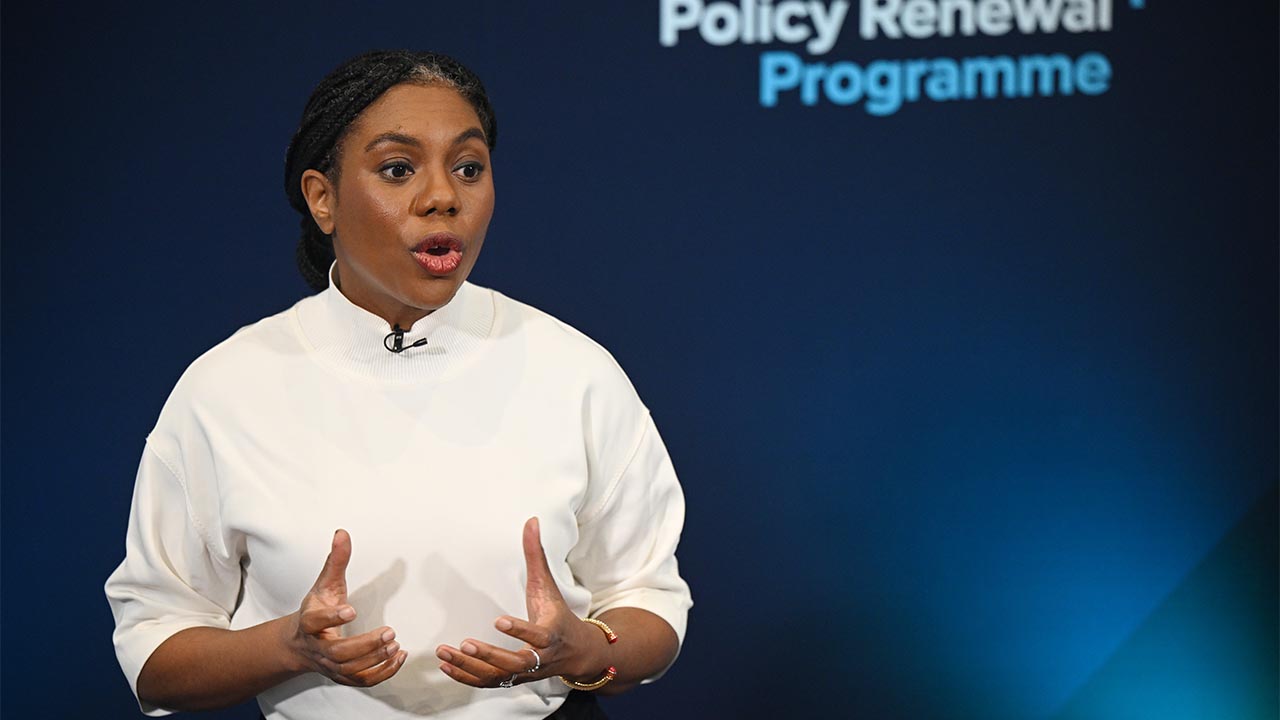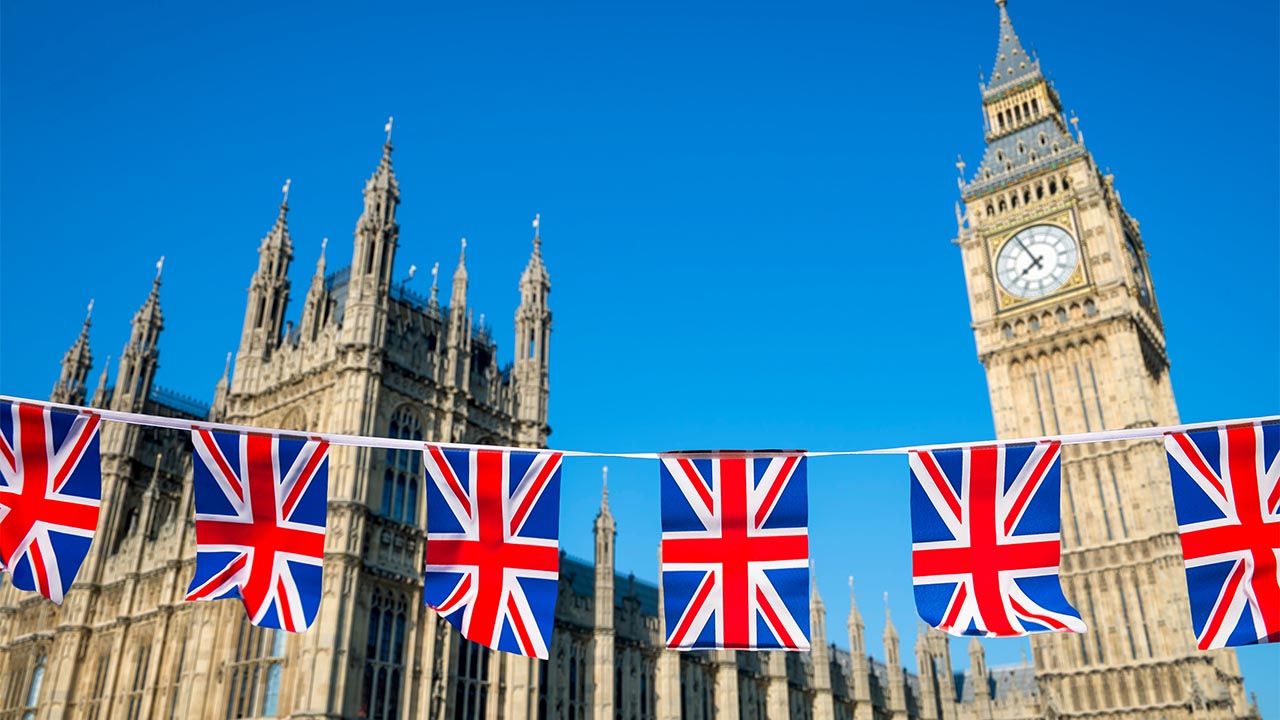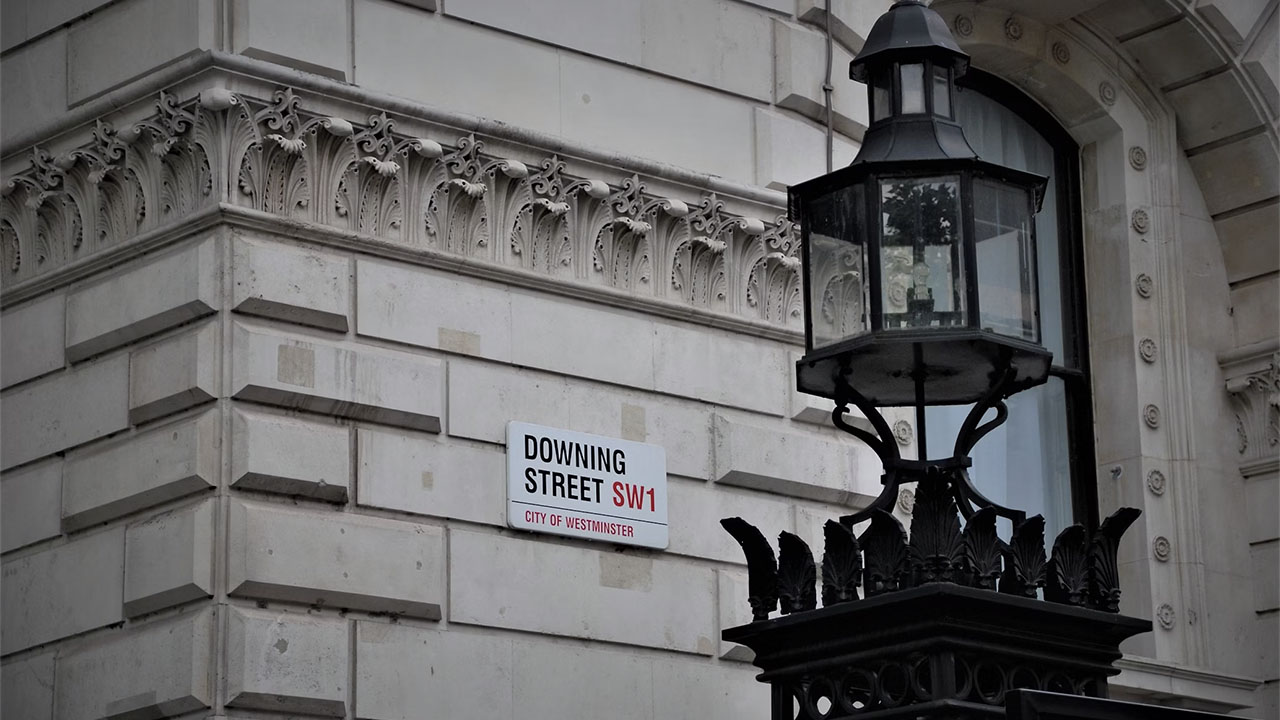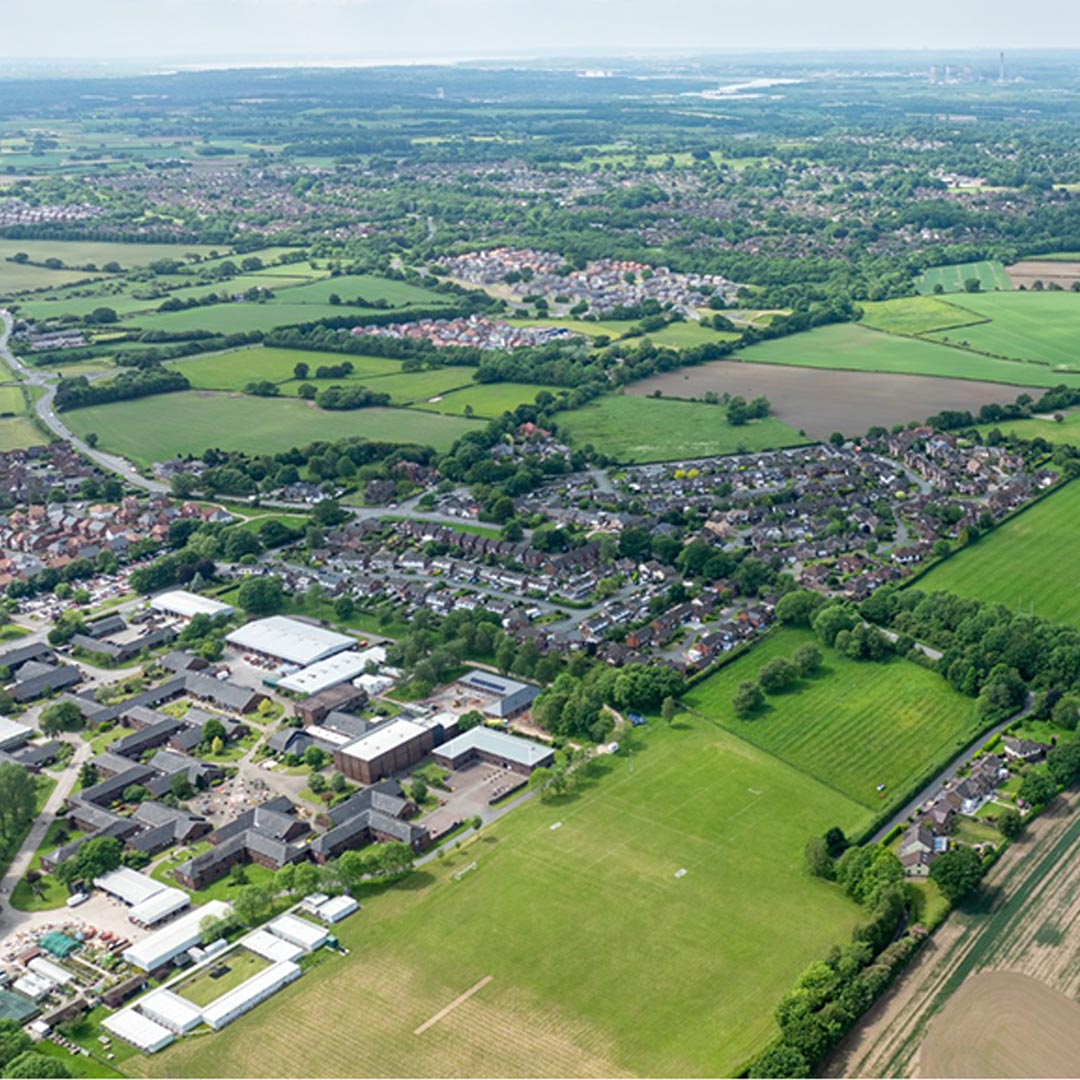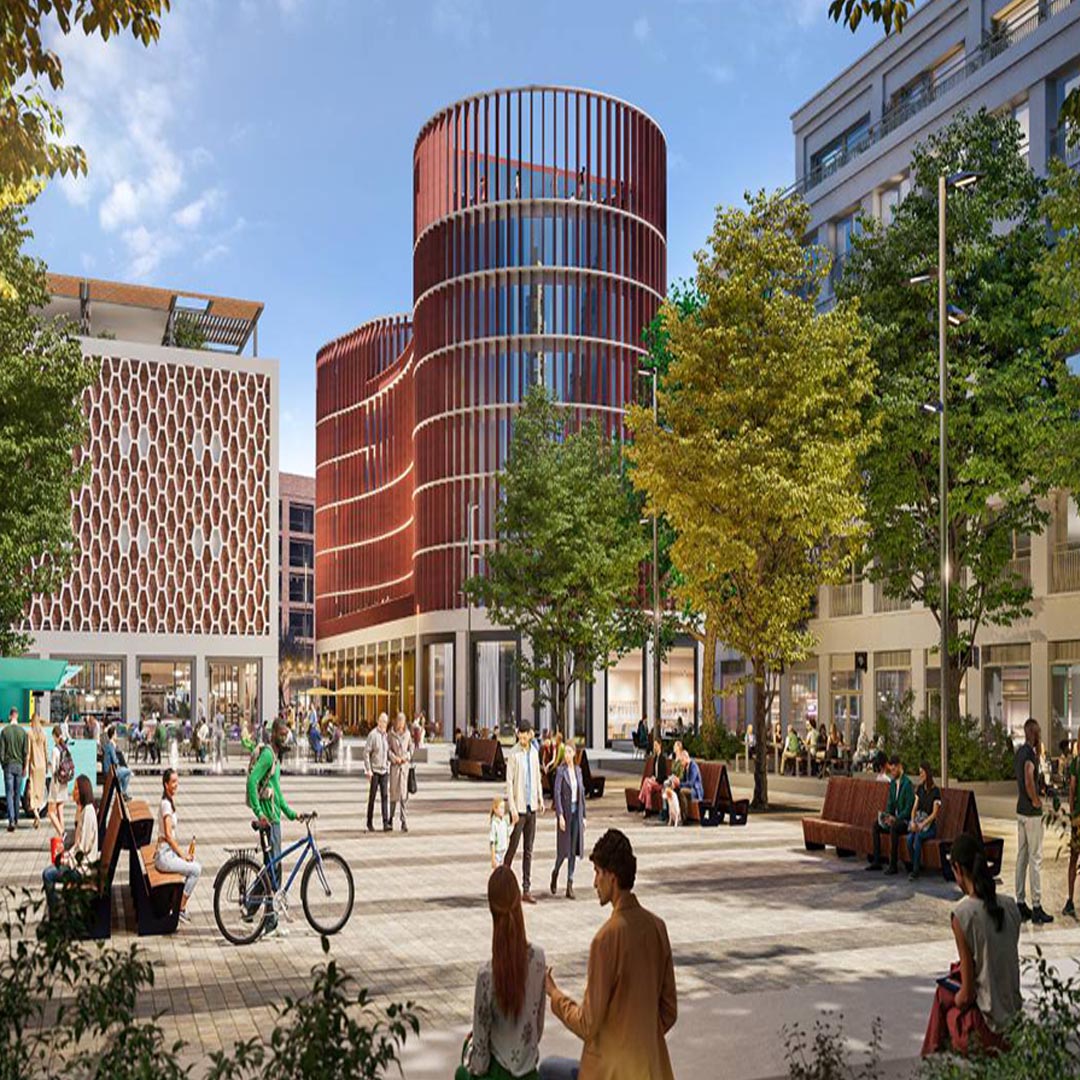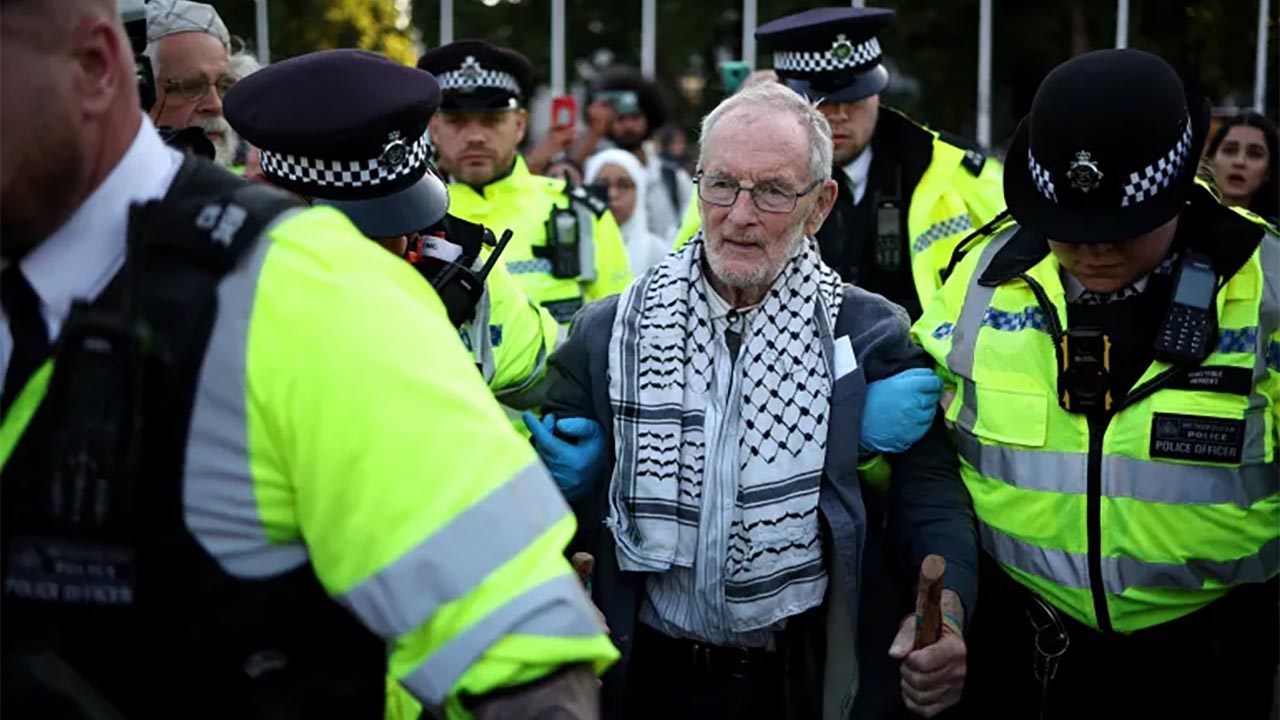As the cabin lights are dimmed and the Prime Minister snatches forty winks before landing in yet another country, he might fleetingly wish Labour hadn’t won the election. The Ming vase strategy in opposition has come crashing down into smithereens and, as Frank writes in his blog, the government has managed to unite pensioners, farmers and businesses in feeling betrayed. Barely six months in and the mishandling of the budget, the winter fuel allowance, inheritance tax on farms, the hike in NICs and minimum wage along with higher than expected inflation, semi-stagnant economic growth and record government borrowing. Add to that the expected announcement of defence projects being scrapped at the same time as the threat of conflict in Europe becomes ever more real and it’s starting to look a lot like omishambles.
Being in government is harder than being in opposition. Labour inherited an appalling mess from 14 years of Tories in power. The government’s communications strategy has been beyond pitiful and the good things they’ve started to do have been completely drowned out by the unnecessary chaos and battles they themselves have created. More than anything it’s the incoherence which unfortunately often equates with incompetence. If, as the government keeps saying, very few family farms will be affected by the change to IHT while ministers tell farmers to get advice on how to avoid paying it what’s the point of picking a fight that looks like class war? Where’s the logic in keeping the cap on fuel duty while putting up bus fares? As the temperature drops, it only needs one pensioner to freeze to death and every Labour MP will wish they hadn’t won the election.
The sad death of John Prescott and the subsequent tributes have been a timely reminder about the art of negotiation which he learned as a trade unionist and put to good use throughout his life helping to build bridges between old and New Labour, mediating between Blair and Brown and spearheading the Kyoto climate change protocol in 1997.
The last government was quite rightly condemned for refusing to negotiate with rail workers and junior doctors in their long running industrial disputes. Starmer’s team resolved both those within days of taking office but where is the same willingness to listen to rural and farming communities, charities and hospices, businesses and others who’ve been stunned and terrified of the impact of the budget? To be an effective negotiator you must start by listening and then a conversation may be possible. Whether or not that results in a mutually acceptable conclusion depends on that conversation. Right now, the government isn’t listening and, more worryingly, the public aren’t listening to them. We are six months away from local elections when it could be a very bumpy landing indeed for Labour.


